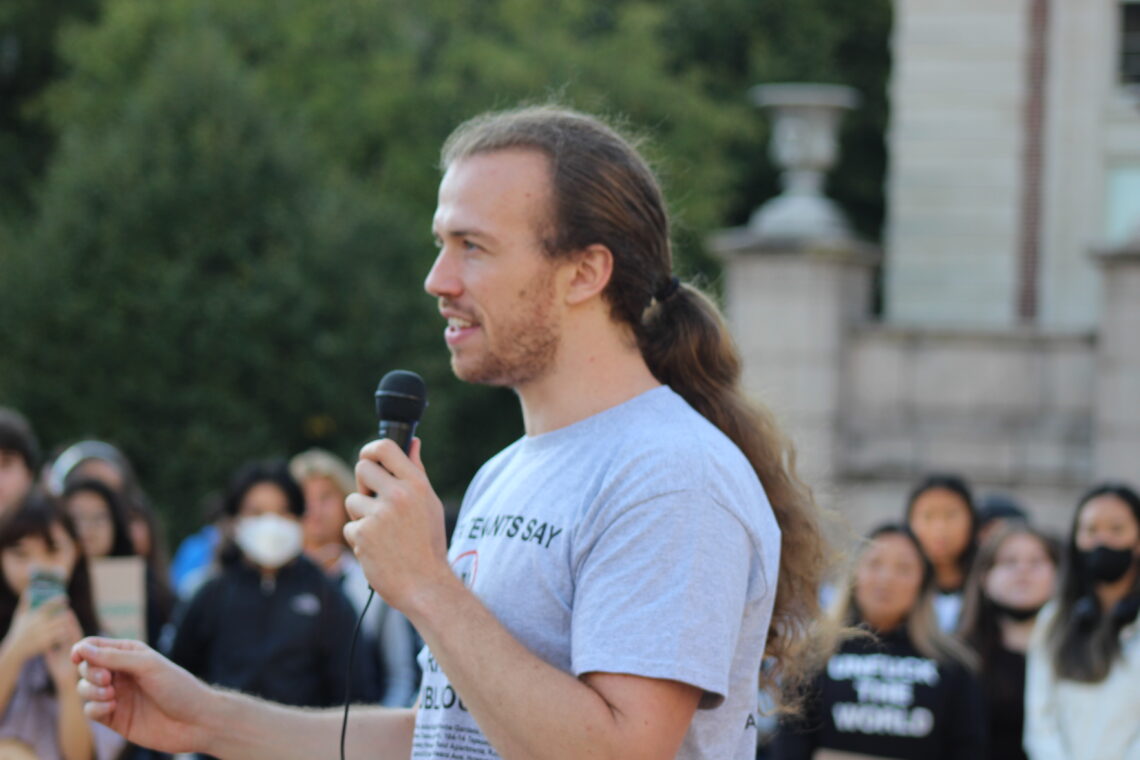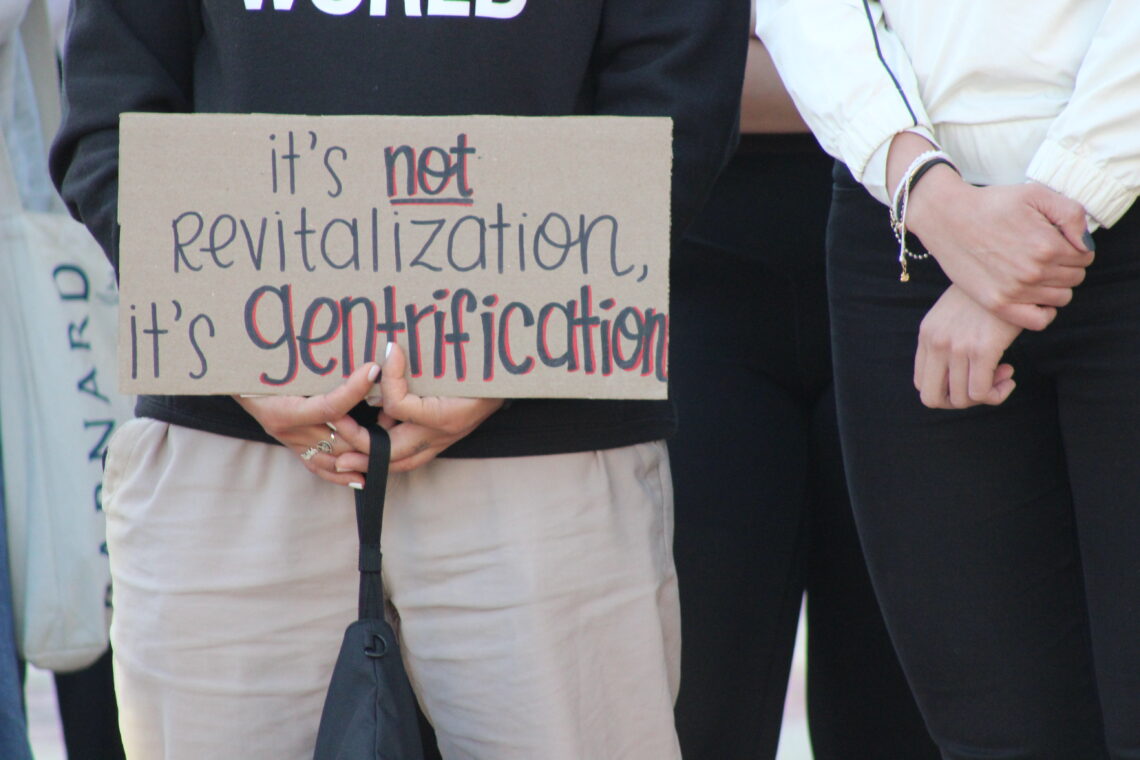Bisexual genius wins Nobel Prize for reconstructing DNA of ancient humans
Bisexual Swedish geneticist Svante Paabo won the Nobel Prize in medicine on Monday.
The 67-year-old helped found the study of paleogenetics, a field that investigates ancient humans and other species using very old genetic materials. Using this science, Paabo successfully reconstructed the genome of Neanderthals, the closest ancient relative to homo sapiens, the modern human species. Scientists think that Neanderthals genetically diverged from homo sapiens nearly 500,000 to 650,000 years ago.
Paabo’s reconstruction of the Neanderthal genome was particularly impressive considering that his team only had DNA evidence that had severely degraded over nearly half a million years.

He and his team also helped discover a new human species called the Denisovans by successfully extracting DNA from a small finger bone fragment found in a Siberian cave. The discovery helped scientists understand how humans migrated across Asia.
Paabo’s work isn’t just about the past. Paleogenetics can help modern scientists understand how both the human mind and body evolved, particularly in response to illnesses.
For instance, during the height of the COVID-19 pandemic, Paabo found that people with greater amounts of Neanderthal DNA were more likely to become severely ill. Scientists used this information to understand more about how best to respond to newly infected individuals.
“Trying to understand the implications of [ancient DNA] for health is something that will be with us for the rest of…our time as a species,” David Reich, a population geneticist at Harvard Medical School in Boston told The National News when speaking of Paabo’s work.
Paabo’s Nobel prize came with a $900,000 reward. Upon hearing about his win, his teammates celebrated by throwing him into a pool of water near the institute where he works.
“Paabo took it with humor, splashing his feet and laughing,” the Associated Press reported.
Paabo publicly came out as bisexual in his autobiographical 2014 nonfiction book, Neanderthal Man: In Search of Lost Genomes.
He reportedly wrote that he thought he was gay until he met his wife, U.S. primatologist and geneticist Linda Vigilant, and fell for her “boyish charms.”
They are now raising a son and a daughter in Leipzig, Germany. There, Paabo founded the Max Planck Institute for Evolutionary Anthropology, where he now works.
Paabo’s father, Sune Bergstrom, also won the Nobel prize in medicine in 1982.
“The biggest influence in my life was for sure my mother, with whom I grew up,” Paabo said in his Nobel interview. “And in some sense, it makes me a bit sad that she can’t experience this day. She sort of was very much into science, and very much stimulated and encouraged me through the years.”
Paabo is also an adjunct professor at Japan’s Okinawa Institute of Science and Technology.






